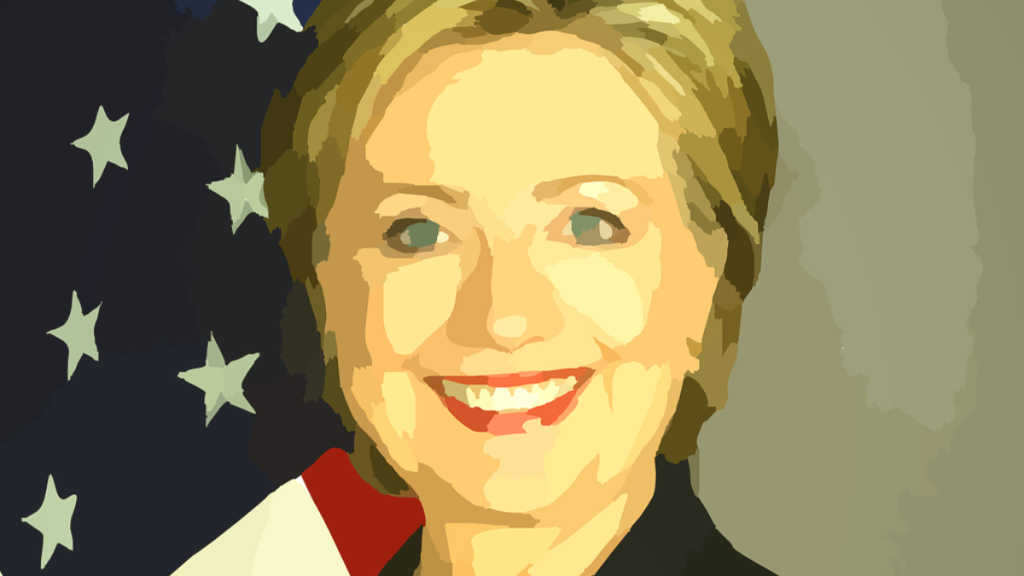Many people are shocked that Hillary Clinton’s “extreme carelessness” has not been prosecuted for “gross negligence.”
It’s led a lot of commentators to conclude that there is one set of rules for the political elites and another set of rules for everyone else. A spate of high-profile police shootings in which black men and women have lost their lives has Black Lives Matter activists wondering whether the police are playing by different rules as well.
This “elites-first” system that seems to be rising disregards our traditional sense of the rule of law. And this could have a direct impact on our economy.
Let me explain.
Two Kinds of Social Order
In their 2009 book Violence and Social Orders, Douglass North, John Wallis, and Barry Weingast identify “rule of law for elites” as one of the “doorstep conditions” for a society’s transition from a limited-access to an open-access order.
- A limited-access order is one in which political and commercial participation are limited and where a person improves his (almost always his) standard of living by using force to prevent others from competing.
- An open-access order, in contrast, is one in which there are relatively few constraints on participation and in which a person improves his standard of living by innovating. He or she earns short-run profits and must constantly innovate in order to respond to competitors. Unimpeded, it’s a fair, violence-free system in which producers strive toward excellence and customers get the best products.
Obviously, the distinctions between limited- and open-access orders are not always easy to draw. And while we’d perhaps like to classify the United States as an open-access order, its history of restricting participation in political, commercial, and civil society on the basis of race, class, and gender demonstrates that it has certainly not always lived up to our lofty ideals.
We have been making progress, but recent events suggest a step backward, a step away from the rule of law (especially for elites) and toward legal institutions that provide special treatment for certain people.
How Treating People Differently Could Impact the Economy
In the chapter on the wealth of nations in their economics textbook, Tyler Cowen and Alex Tabarrok point out that a dependable legal system is one of the best ways to ensure economic growth.
Indeed, a legal system that is blind to your union membership or whether you know the judge or are running for president is one in which people will likely have more faith that justice is actually being done.
It is also one in which, presumably, people will know better what to expect from the legal system and, therefore, be more likely to invest—to develop new skills, to start new businesses, and so on.
Imperfectly and haltingly and incompletely, the Founders tried to create what John Adams called “a government of laws, and not of men.” Such a government affirms each person’s liberty and dignity, and it helps pave the way for prosperity. For those reasons, it’s an ideal worth defending.



